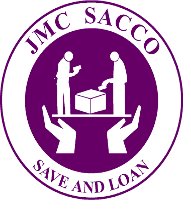The Jinja SACCO Microfinance Initiative is a chance for lenders to be part of a growing worldwide microfinance community.
Make a Difference -Donate as little as $25 dollars!
"Connecting the World to Emerging Entrepreneurs"
The Jinja SACCO Microfinance Initiative is a chance for lenders to be part of a growing worldwide microfinance community.
Make a Difference -Donate as little as $25 dollars!
1. Read through the project descriptions and decide which group you would like to lend to.
2. Click DONATE ![]()
3. Fill out the PayPal form
4. You will receive a email from FSD confirming your donation.
We appreciate your support! For more information click on the FAQ section below.

Jinja Municipal Council Savings and Credit Cooperative Organization (Jinja SACCO) was established twenty-seven years ago to promote a culture of savings for civil servants within the As a commitment to grassroots development the SACCO is distributing all microfinance loans with a repayment interest of 10% per annum, far lower than the national average which is between 25-35%.
The SACCO was recently selected as the lead SACCO in Jinja Central Division, which together serves over 1,200 individuals. Jinja SACCO's vision is to enable our members to achieve their developmental goals by providing quality services and maintaining a strong microfinance institution.
All loans will be distributed through the group but to the individual, which will be monitored by Jinja Savings and Credit Cooperative Organization.
